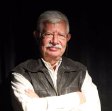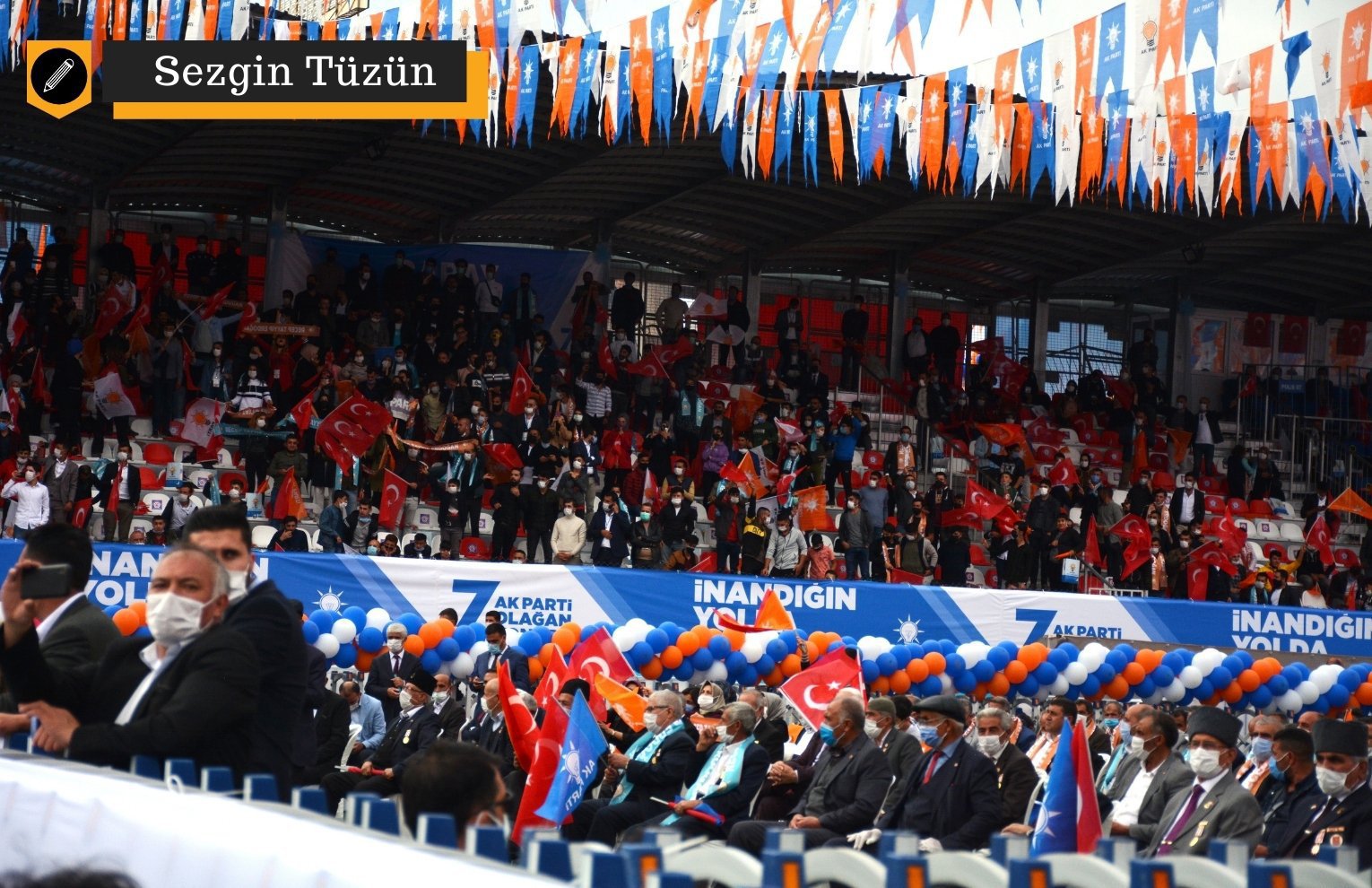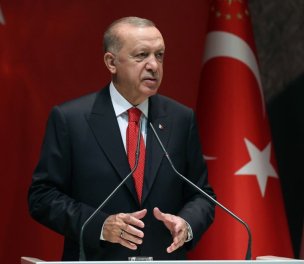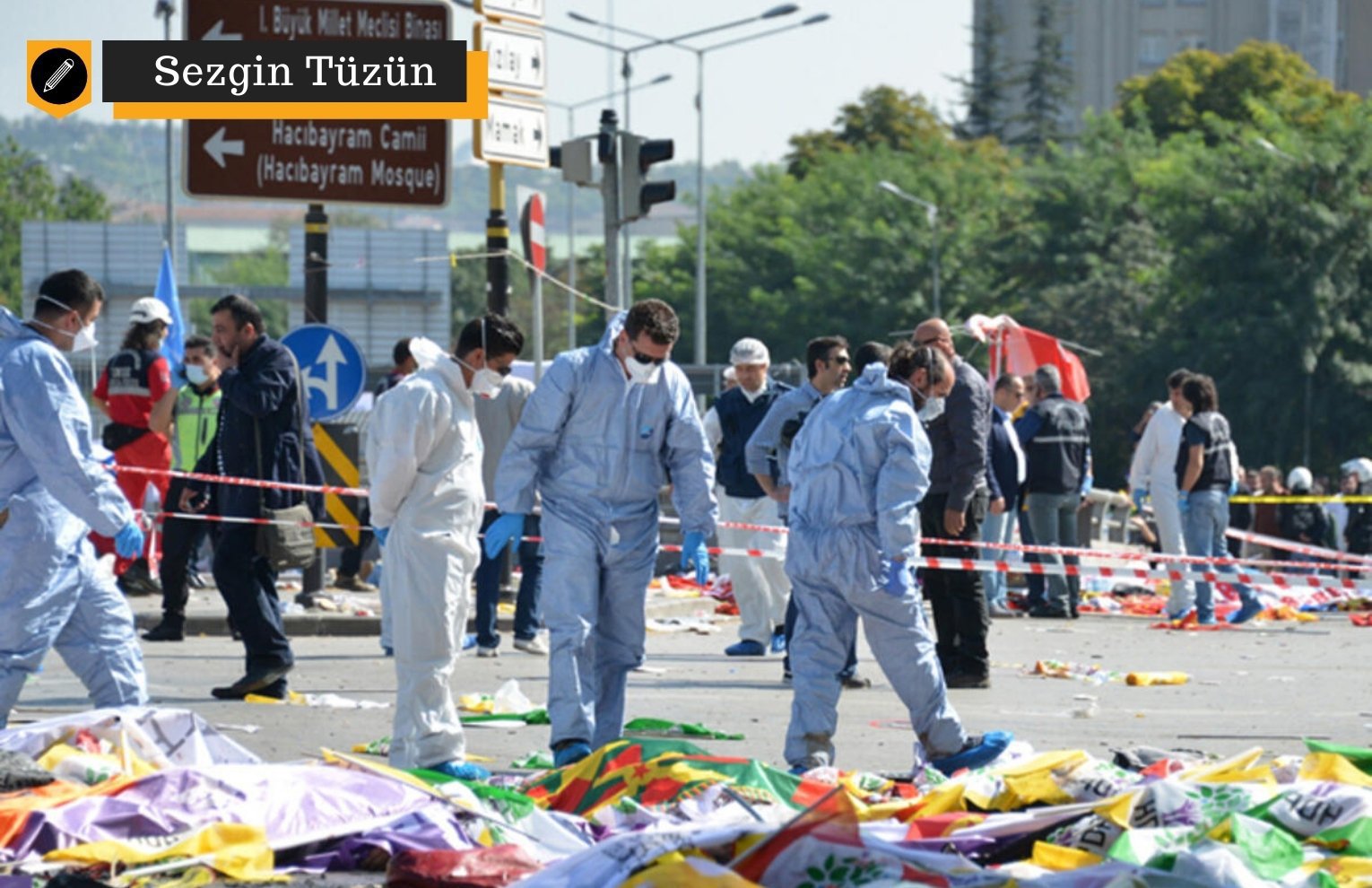AKP provincial congress in Van province (Photo: AKP)
Click to read the article in Turkish
The total number of registered voters in Turkey in November 2002 was 41,291,568. This number increased more or less in every election and reached 56,322,632 in 2018. While the registered voters in the country are decreasing with deaths and immigration abroad, immigration from abroad increases the resident domestic child population as they reach the age of 18 and become voters. This means that the number of voters that increased from 2002 to 2018 was not 15,000,000, but much more.
They will vote for the first time
Therefore, in the next parliamentary and/or presidential election -held on time or earlier-, 5,000,000 or more new voters will be added to the existing voter base. Thus, at least one-third of the voters who will vote in the new election will be composed of voters who entered the registries during the AKP rule and will vote for the first time.
Population
According to the 2000 General Census data, while the median age of the population of Turkey (median age - the age of the person in the middle when the entire population of the country is listed from the youngest to the oldest age) was measured as 24.8, it is seen that this age increased to 32 in 2020. Since the median age corresponds to the average age in the normal distribution, it is possible to say that the average age of the population of Turkey has grown seven years in the last 20 years and Turkey is not as young as 20 years ago. Therefore, while the rate of adding new voters to the election registers will decrease in the following processes, the duration of existing voters as voters will also be extended and will gradually increase.
Distribution
Again, according to the 2000 General Census data, 66.2 percent of Turkey's population used to live in urban areas and 33.8 percent in rural settlements. This distribution roughly corresponded to the rural/urban distribution of the voters. However, after 30 provinces were declared metropolitan and the municipalities of these provinces were transformed into metropolitan municipalities in 2014 and the villages of those provinces were transformed into neighborhoods, the rate of voters living in rural settlements in Turkey fell to 10.31 percent. In the November 2015 elections, the registered voters of these settlements, which were included in the scope of this 10.31 percent, voted 4 points above Turkey's average for AKP.
19.15 percent of the total registered voters live in lower-status urban neighborhoods of Turkey. These voters constitute a group of voters who voted 5 points more than the average of Turkey for AKP in the same elections.
60.6 percent of Turkish voters live in the middle-status neighborhoods of cities and vote for AKP at the level of Turkey's average. So AKP is supported primarily by voters in lower-status urban neighborhoods and rural settlements. They are followed by those living in the middle-status urban neighborhoods. Roughly 10 percent of the remaining voters live in the upper-status neighborhoods of the cities. Among this segment, AKP could get 12-13 points less than Turkey's average in the November 2015 elections.
To be in power, to remain as the power
In democracies, the majority to form a government is obtained through elections, and the government is formed to establish power. When the election is lost, power is transferred to those who win the election. "To be in power" and "to remain as the power" are two concepts expressing different and opposite understandings of governance. First of all, the concept of being in power is a form of expression of digesting stepping down from power as it comes to power. Remaining as the power, not staying in power, is a concept that is the product of the authoritarian understanding of government that regards it permissible not to abandon the administration in all circumstances and to resort to any means to remain there.
Democracies need middle classes and strata. As these segments develop, become organized, and stronger, it becomes possible to talk about the development of democracy, the system's functionality, and efficiency. As the level of social knowledge and consciousness increases; the span of democracy expands as the words of every social segment get richer, their dreams expand, and the possibilities of making their hopes come true increase.
Nonetheless, the impoverishment of the middle classes and their entering into the process of extinction, on the one hand, makes them unorganized, uninhabited, and condemned to the boundaries of tradition and custom, and, on the other, this environment also opens the door to the development of an authoritarian management understanding.
The more democracy needs the organization and consciousness of the middle class and strata in order to get stronger, the more authoritarian governments need these classes and strata to dissolve and weaken. For this reason, while analyzing the orientation of the rulers, the policies they developed and implemented for the middle class and strata function as litmus paper. In Turkey, it is possible to see examples of these approaches in the context of the ruling and opposition parties.
Nationalist-Islamist
AKP is not a party whose discourse coincides with its action but conflicts with it. Although their rhetoric is in line with the expectations of the voter base; AKP is being built in favor of the wealthy (with and without an affiliation) whose path has been cleared, in order to add wealth to their wealth through its actions and economic policies. Referred to another world, to their beliefs; how beautiful they died, celebrations of death made by saying that not every mother would be granted such a martyrdom; it's observed that the alliance, which is first pan-Islamist and then nationalist-Islamist, has increased its power by taking the support of the lower and middle-class masses as a source of young labor of the country, and with almost every decision, while marching to the future by adding worldliness to the existing assets of its affluent supporters, the middle class and the strata are almost absent.
Women
In this understanding, while women as wives, then as mothers and then as housewives first give birth to three or five children, become the supplier of soldiers for the army and labor to the country by raising them, they could not and cannot be those who leave tradition and custom and seek protection through the İstanbul Convention. Because those women also know that it is their beliefs, then traditions and family structures that protect them! On the contrary, wouldn't the situation bring about the collapse of the Turkish family system? It would, of course. Aren't the women who have already died, who have been murdered are the ones who rebel against the traditions and customs - which they have to follow- and defied their own fates?
Haven't the three-five-seven children born to poor families been trained with faith and traditions, obedience and allegiance to become a soldier to the army, wife to husband, labor force to the country, and to carry the past to the future? If they exist like that; why would they question men if they are women and their rulers if they are men and their happiness of the afterlife laid at their feet!
Those who make power the Power
Three out of every ten voters live in rural settlements of the country, in the coastal neighborhoods of the cities now express and form themselves by defining a belonging and supporting the government with at least 10 percent higher than the average of Turkey. Six out of every ten voters living in the middle-status neighborhoods of urban Turkey find a way to protect themselves in their traditions and customs, in the family shield, in solving problems through their friends and associates at the ruling party and seek to protect themselves in the guise of piety. In this self-preservation/self-seeking process, the middle class and strata working with the minimum wage, which becomes the wage of one of every two workers, slide down socio-economically and integrate with the lower social segments in line with poverty, lifestyle, and world view. However, in every democracy, the middle class and strata are always considered among the sine qua non of democracy.
New voters
We know that new voters mostly come from neighborhoods with lower and middle status. Since this mass is condemned to create its future in its own environment, they seem convicted to be a part of a world framed by faith and religion on the one hand and nationalism on the other. In an environment where these borders are hopeless and futile, where work accidents turn into work homicides, there is no job or job security; what kind of a future is the future that lies in front of individualistic and creative young people who are fast learners, prone to technology and new generation applications, questioning, socializing on the internet, bored quickly because they can access information easily?
What awaits them? To be offended and leave or to stay and change the existing system of relations and order by fighting? Or is it to wait for them to become a part of the system by being destroyed step by step through dulling, losing, and turning the characteristics of the existing chaos into a rogue mine?
Young people are a part of society. Like their families, they live in rural or lower-middle-upper neighborhoods. Their problems are not the same, since the solution of the problems is not something that can be overcome by individual winds, as social awareness develops, from individual to class, to society; the solutions extend from solidarity to organization, from volunteers to professional organizations, from association to party. The solution lies in overcoming the paths of the deadlock and creating the remedy, which means the consciousness to be produced by class and community.
Consciousness is one of the litmus papers of understanding the difference between being in power and remaining as the power.
COMING TO POWER BY ELECTIONS AND NEVER LEAVING
1- The stones of power laid on the roads
2- The ambition to 'get off the tram'
(ST/NÖ/DCE/VK)







.jpg)

.jpg)
.jpg)